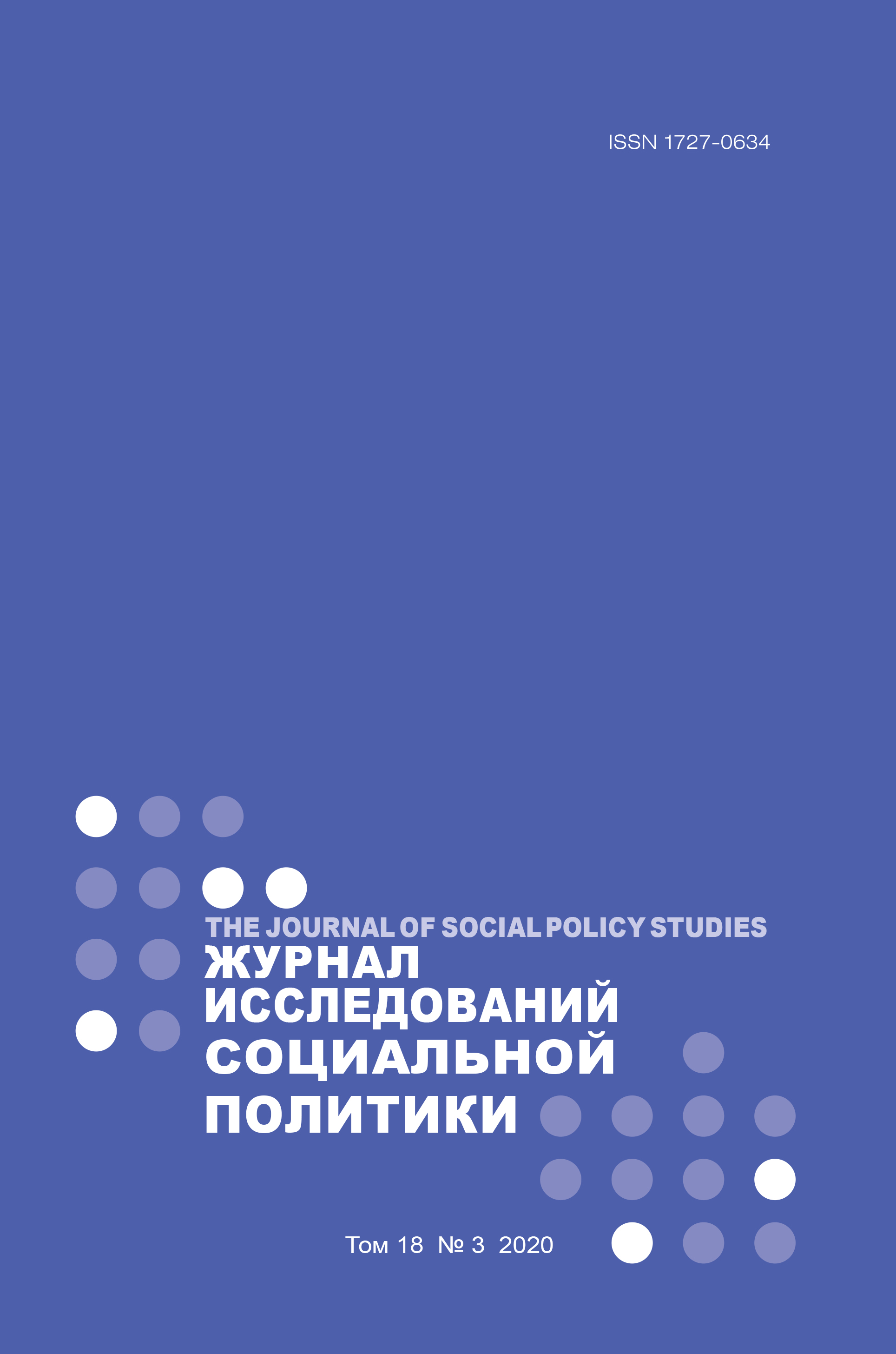The Social Circus in Post-socialist Russia: A Case Study of New Solidarity
Abstract
This article is based on a case study of the Social Circus, a Russian NGO created in the 2000s that focuses on developing the potential of children from social risk groups. We analyse how the inclusion of these children into society is performed, how the circus’s methods and socially oriented activism manage to solve the problem of exclusion and reproduction of poverty in Russia. We analysed the subjective meanings attributed to the social circus by participants, civic activists and supporters; then we explored internal strategies of inclusion into the circus elaborated by participants from different social classes and how these strategies were supported by different external parties. In this way, we were able to reconstruct the concept of inclusion and present it as a process of realization of capabilities, when, with the realization of external opportunities, the accumulation of internal resources takes place, as well as the ability to act and produce a positive effect. We argue that the inclusion of socially disadvantaged groups can change the structure of opportunities in practice under three conditions. Firstly, through a change in the status of socially disadvantaged groups, when negative identification forms a platform for the practical promotion of the special status and differences of participants, considering their interests. Secondly, attitudes towards achievement strengthens the positions of participants, if it is combined with the formation of social skills to coordinate different positions. Thirdly, opportunities are accumulated if they are fixed in emancipation methods of interaction at the individual, group and local levels, involving the recognition of the causes of oppression, the promotion of the interests of disadvantaged groups, the reformatting of their experience and the accumulation of social ties. As a result, reflective solidarity is considered, involving the joint development of moral guidelines and the variability of their implementation.















